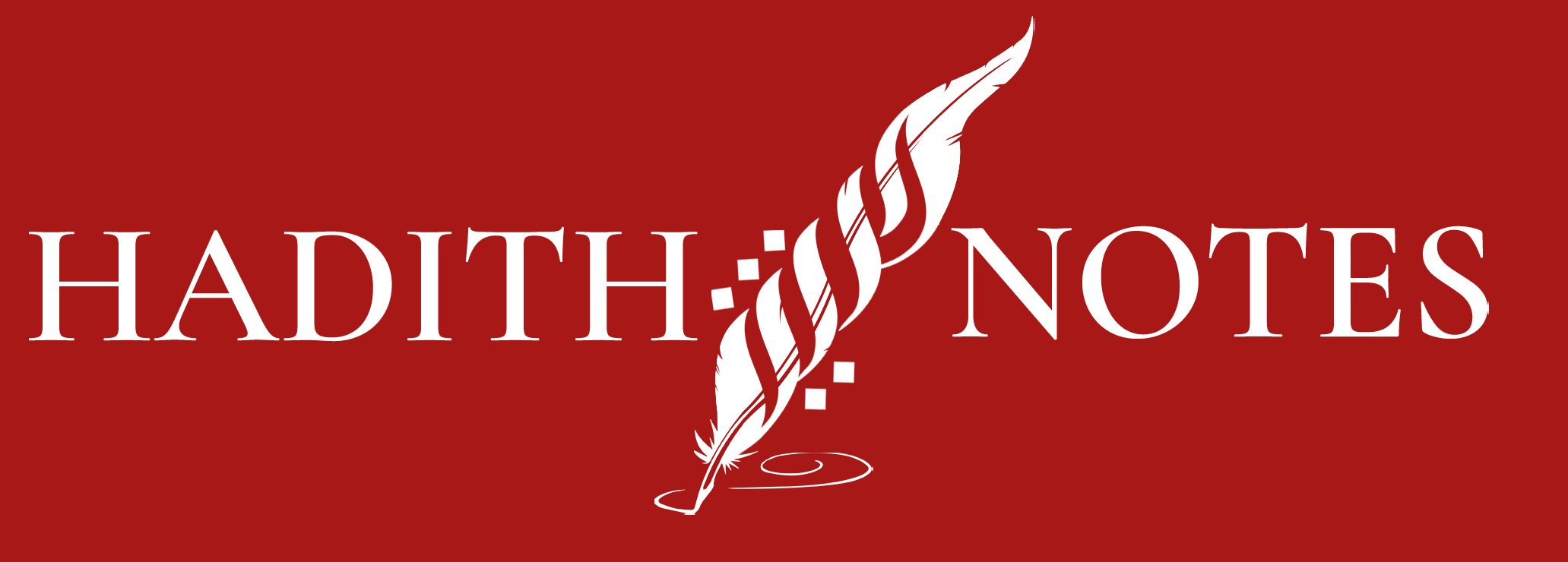Preface In accordance with His promise to preserve the true teachings of Islām, Allāh has selected certain individuals or groups throughout Islām’s history to carry out the task of preserving the noble Islāmic legacy. At times of creedal turmoil, the likes of Ahmad ibn Hanbal stood against the Mu’tazilī heresy; at times of political instability, personalities such as Salāh al-Dīn al-Ayyūbī...
A Chronological List of Prominent Hadith Scholars – English
A Chronological List of Prominent Hadīth Scholars The importance of knowing the dates of birth/death of the scholars cannot be stressed enough, for it holds a high status in Islāmic knowledge in general and in the science of Hadīth in particular. Thus, Imām ‘Alī ibn al-Madīnī mentions, “Comprehension of the meaning of Hadīth is half of knowledge and knowing the transmitters is the other half.” To...
The Status of Imam Abu Hanifah in the Science of Hadith
Translator’s Preface The following is a brief, yet comprehensive, explanation of the rank of Imām Abū Hanīfah in the science of Hadīth. As was mentioned earlier, this is an excerpt from the previous section of our abridged translation of Athar al-Hadīth al-Sharīf fī Ikhtilāf al-A’immah al-Fuqahā’. In this excerpt, the author commences by differentiating between the amount of hadiths a scholar...
Book Review: “An Introduction to the Disciplines of the Noble Hadīth” by Mufti Abdul Mālik al-Kumillā’ī
Book Review: “An Introduction to the Disciplines of the Noble Hadīth” Author: Mufti Abdul Mālik al-Kumillā’ī By Muntasir Zamān Being the second source of Islāmic law, the blessed hadīths of the Prophet (peace and blessings be upon him) hold a lofty position in the hearts of Muslims. The science of hadīth is extremely vast and requires strenuous effort to familiarize oneself with even...
An Analysis of the Hadīth “Whoever Assists a Mu’min in Distress, Allāh Will Grant Him Seventy-Three Rewards…”
An Analysis of the Hadīth “Whoever assists a Mu’min in distress, Allāh will grant him seventy-three rewards, one of which will suffice him in this world and the remaining will be saved for the Hereafter…” In the Name of Allah, the Most Gracious, the Most Merciful Abstract: The Hadīth in reference has been reported on the authority of two Sahābah with slight variations in the wording: Thawbān and...
Is Giving a Lecture Before Jumu’a an Innovation?
Translator’s Preface It has become a norm in our era to label acceptable practices in religion as innovations. Unfortunately, our Masājid have become arenas of disputation and debate; luminaries and high-ranking Islamic scholars are branded as innovators. Many issues that have a legitimate basis in religion are rejected under the pretext that they are innovations not found in the early era of...
Imām Abū Hanīfah and The Statement of Imām al-Bukhārī “Some People Say”: Between Fact and Fiction
Translator’s Preface In recent times, there has been great confusion between two distinct concepts: Ikhtilāf [legitimate disagreement] and Khilāf [illegitimate disagreement]. Many misinformed people, for lack of Suhbah (companionship) of traditional scholars and spiritual guides, read the differences of the Salaf and misinterpreted their Ikhtilāf as Khilāf. Undoubtedly, the Sahābāh (may Allah be...
An Analysis of the Hadith: “Whoever Begins His Meals with Salt Will Be Saved From Seventy Diseases”
An Analysis of the Hadīth: “Whoever Begins His Meals with Salt Will Be Saved From Seventy Diseases” By Muntasir Zaman In the Name of Allāh, the Most Gracious, the Most Merciful. [Summary: This Hadīth has been reported Marfū‘an – from the Messenger of Allāh (peace and blessings be upon him) – on the authority of four Sahābah: ‘Alī, Anas, Sa‘d ibn Mu‘ādh and ‘Ā’ishah (Allāh be pleased with...

